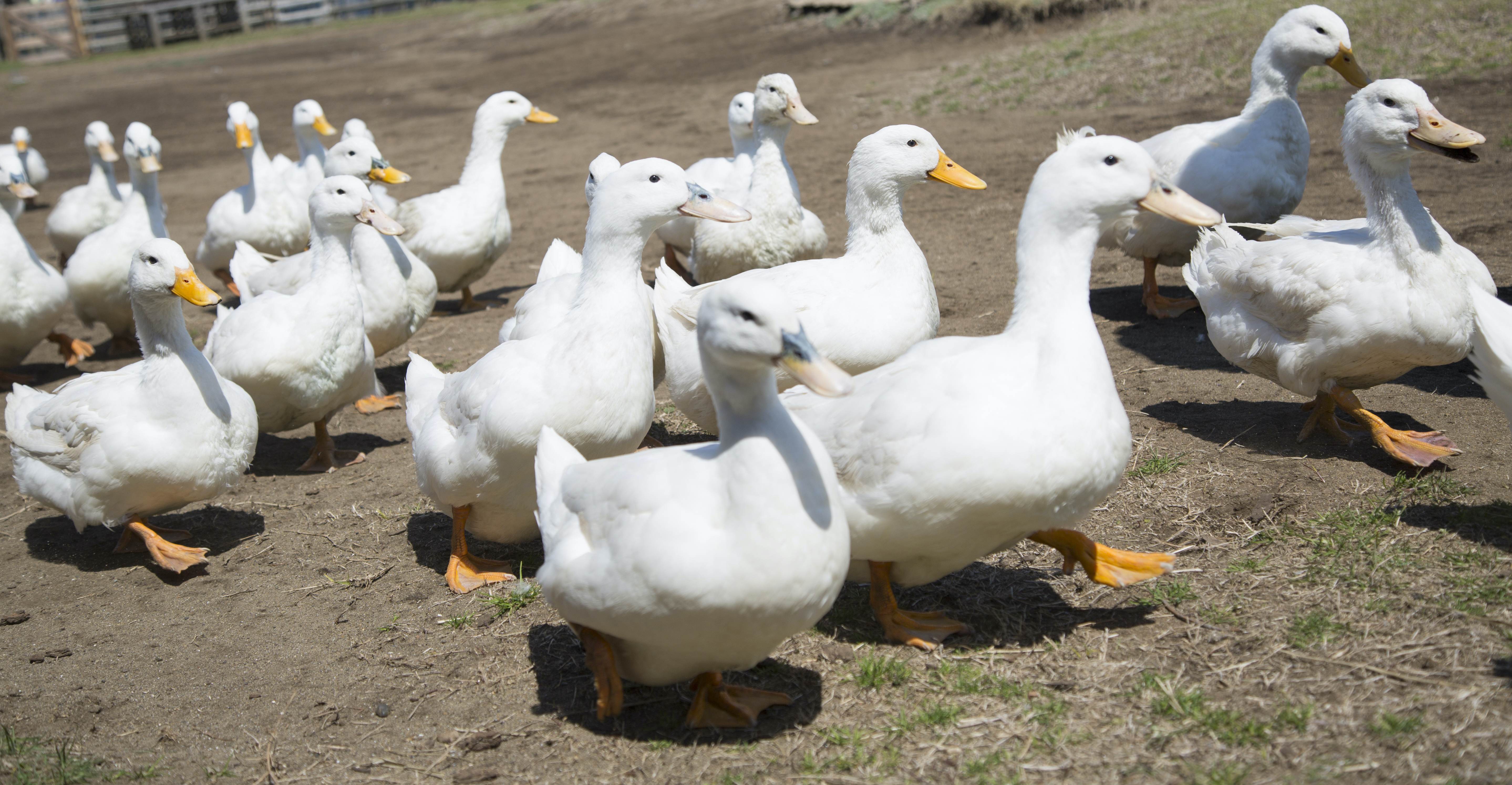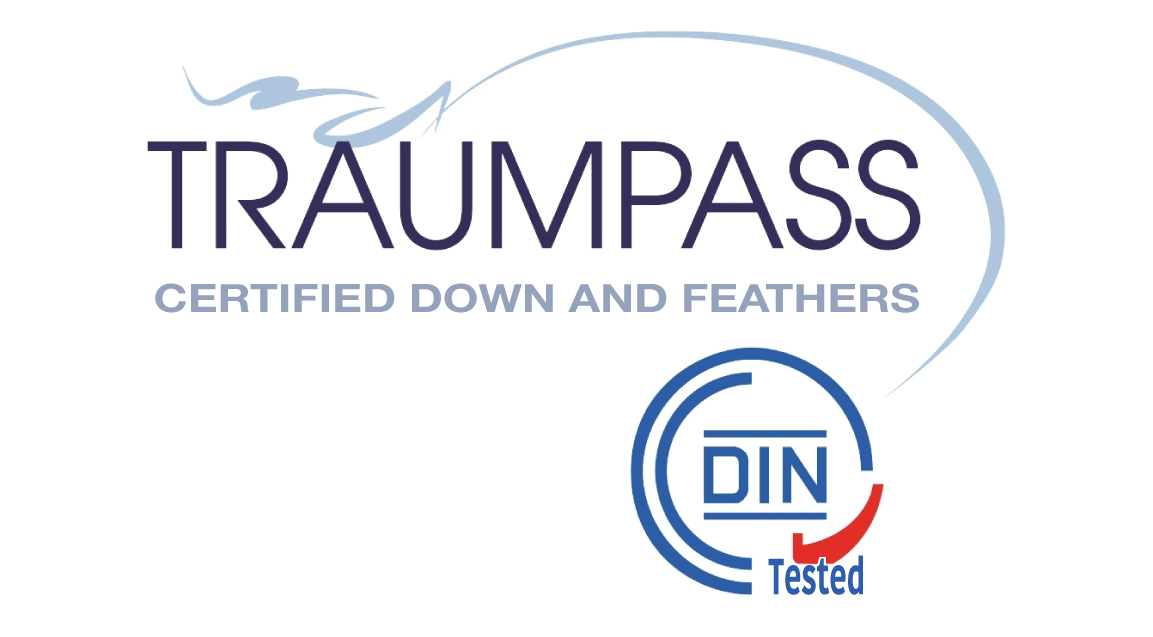Cruelty Free Down and Processing


Our supplier's requirements are species-appropriate animal husbandry and slaughter. They categorically reject down from live-plucked and force-fed animals and only use class I down according to DIN 12934. We work only with suppliers who share our views and can provide us with complete and transparent documentation of the origin of the down/feathers, without exception.
OBB processes the raw materials – down and feathers – themselves at their production site in Lörrach, Germany. They are only able to guarantee perfect quality assurance by monitoring their closed production chain on site. OBB's in-house laboratory, certified by the European Down & Feather Association (EDFA), plays a key role in continuous quality inspection. The lab features state-of-the-art technology and participates in collaborative testing every year.
The down/feathers are inspected in the lab for their composition, filling volume, hygiene and cleanliness, oil content, and many other variables. The analysis of representative samples allows for precise results and an optimal assessment of the usability of the raw materials.
In the first processing step, the down and feathers is washed in special washing machines with water from OBB's own deep well, without using any chemical additives or bleach. At this point they can also use a NOCAR® treatment to make the feathers and down washable at high temperatures.
The down/feathers are then put in a device called an absorber and dried at approximately 266°F / 130°C, which also sterilises them. After the down/feathers cool down, they are sorted. The sorting is achieved using a simple yet sophisticated method: the materials are loosened up by an agitator in the sorting machine, which consists of several chambers, and moved along by a stream of air. Depending on their weight, the heavier feathers end up in the first chamber. The small feathers fly over to the next station. Even smaller feathers find their way to the third chamber, while the down floats into the fourth, last chamber. Finally, the materials are mixed according to the customer’s request. The different material types that were sorted out are mixed together in large mixing machines.
Another quality inspection is conducted at the end of this process.

